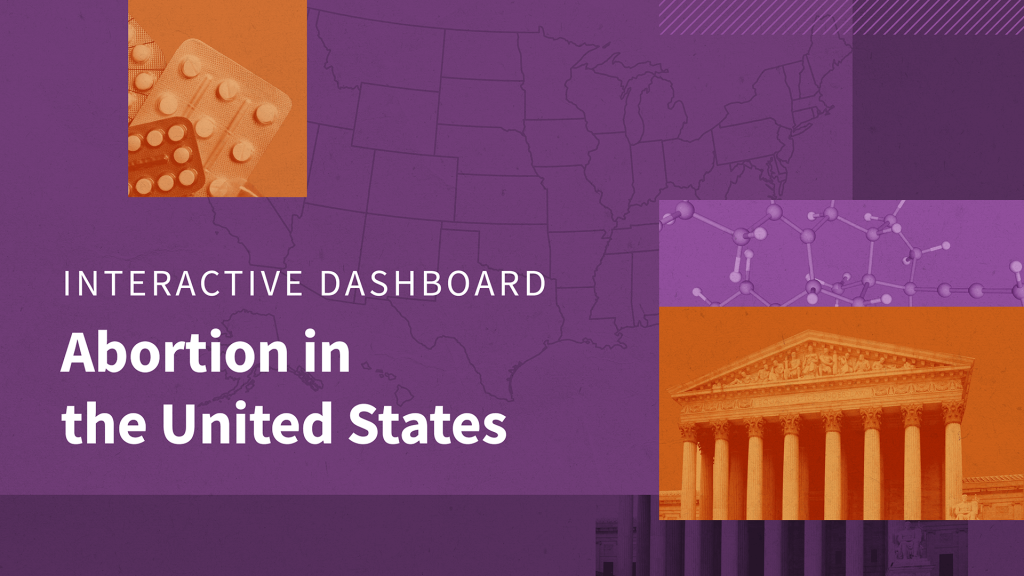Abortion Grows as a Motivator for Midterm Voters, Particularly for Democrats and in States Where It Has Become Illegal Since the Supreme Court Overturned Roe v. Wade
Few Voters Know About the Medicare Drug Provisions in the Inflation Reduction Act, Though Seniors are More Aware and Would Be Likely to Vote for Candidates Who Support Them About a month ahead of the 2022 midterm election, abortion continues to grow as a motivating issue for voters, especially among Democrats and those living in…
